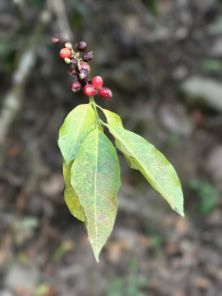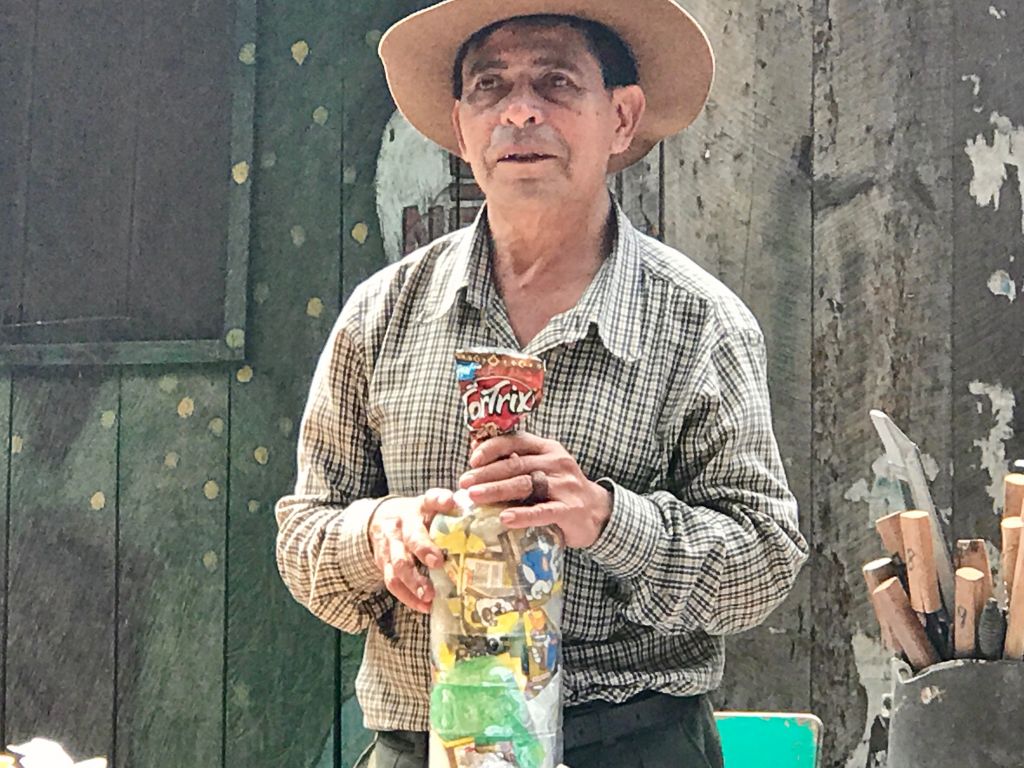
Guatemala is one of the most ecologically diverse nations on the planet. It contains a vast abundance of natural resources. Many are unaware, though, how the areas in this region are being impacted by threats from environmental degradation and climate change.
Rural food producers who depend on natural resources face challenges. Meanwhile, Guatemala is an underdeveloped country that is extremely vulnerable to the impacts of poverty and climate change.
Changing weather patterns have impacted coffee plant harvests in Guatemala due to the spread of “rust,” a fungus that has developed, making the coffee unusable. Coffee leaf rust kills coffee rust and eliminates livelihoods. The disease spread across Central America in 2012, devastating coffee plants and spread due to the more than usual warming temperature change in the local climate.
“The climate change is impacting the people who rely on their coffee and their plants for whatever is being grown,” Toribio Chajil, the coordinator of the Reforestation Project in San Lucas Toliman, Guatemala, said. “The farmers are being impacted because they can not grow as much, which is obviously impacting their economical stance.”

Toribio is dedicated to continuing his successful reforestation project, where he provides seedlings, insight and encouragement to people around Guatemala to help control erosion and encourage environmental sensitivity.
“The climate right now is kind of crazy at the moment,”Chajil said. If we were talking about the climate maybe 20 years ago until now, it has been pretty normal. But, the climate is changing a lot and there isn’t much rain anymore, which is affecting the trees and the plant life because it is so dry.”
Despite the success and progress Toribio has made, many coffee farmers and the people living in Guatemala do not fully understand the significance climate change has on growing crops.
“The people come to me and ask me what is going on,”Chajil said. “Climate change is very impactful. When people come to me and I answer them, they don’t realize the true impact that climate change has from growing their crops on one side of their land, so they’ll probably try and buy or find more land so that they can find more ways to grow. So, they are not really understanding the big significance of climate change, they are kind of just dismissing it.”
In order to address the problem of coffee leaf rust, non-governmental organizations like Catholic Relief Services have carried out efforts through the Green Coffee project throughout Guatemala.
CRS technicians work with farmers by helping them learn comprehensive soil management techniques in order to protect their crops. Additionally, farmers have branched out by planting new crops such as organic coffee plants and macadamia beans.
“One practice that people use and are starting to realize is that organic harvests or the organic growth of plants,” Chajil said. “When people practice this, it might be a longer process because they can’t use the chemicals to keep off something. But even though it is a longer process, in the end it is a better product that they can sell.”
Without the proper funding and global cooperation from the United States though, the progress that has been made in improving environmental conditions in Guatemala will be put to a halt. In the Trump Administration’s 2018 budget request, there is a 32 percent decrease in the spending that goes to The State Department and U.S. Agency for International Development.
In a newsletter, Sean Callahan, CRS president, expressed his opposition to the foreign aid budget cuts. “If we don’t invest in education, water and sanitation, and sustainable agriculture, then humanitarian crises will only increase,” Callahan said.
The cuts to the programs will increase the crisis in underdeveloped countries like Guatemala where people are trapped in a cycle of poverty. If the United States additionally decides to pull out of the Paris Agreement, the changing temperatures will continue to worsen throughout the globe.
According to a New York Times article, the Trump Administration has decided, at this writing, to delay their decision whether to pull out of the Paris Accord, a 195-nation agreement that was legally ratified in 2015, until June 2017. Under the agreement, every nation has formally submitted plans to lower planet-warming pollution. According to the article, the supporters of the Paris Accord hope that during this delay, Trump may be persuaded into staying in the accord.
“The people here in Guatemala are just so poor,” Chajil said. “There are very, very few people that have a lot of money. So, there is not much that people can do at the moment just because they don’t have the resources to pull something together. We need someone from a political party who really believes in taking care of the earth, taking care of all the pollution that is going on in Guatemala. When they get someone like that they can start to create a better country.”




Is there a possibility for the Revue Magazine (www.revuemag.com) to reprint this excellent article by Jaclyn Labes, of course with full accreditation.
Thank you for your consideration.